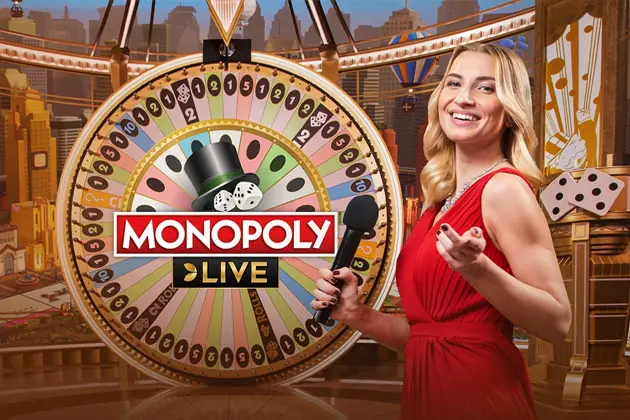The oldest TV game shows have played a significant role in shaping modern entertainment. These pioneering game shows on TV introduced formats that influence today’s popular programs. The change from these early events to today’s high-energy spectacles highlights their lasting impact. This article explores the top five oldest of all and tells how their approaches still resonate with audiences today.
The Origins of TV Game Shows
Game show history dates back to the 1940s and 1950s when pioneering formats began to take shape. These early black-and-white TV shows introduced a new form of entertainment. They moved from the radio to the screen and became household staples.
The first TV game show brought excitement into living rooms. Audience engagement quickly became a key element. This concept influences classic television and modern live broadcasts. The Crazy Time live show perfectly exemplifies how this tradition of engaging audiences thrives. The transition from radio to TV set the stage for decades of entertainment innovation.
The Top 5 Oldest TV Game Shows
Let’s take a look at the innovative formats and how these shows became household favorites:
Crazy Time
Crazy Time has become a modern classic, combining vibrant visuals and engaging gameplay. It was introduced more recently and quickly gained a following due to its high-energy format and multiple bonus rounds. Crazy Time has drawn inspiration from older shows while adding its unique twist. This blend of old and new makes it one of the most popular old game shows that continues to shape historical TV programs today.
Dream Catcher
Dream Catcher was one of the earliest to mix live interaction with gaming. It pioneered a format where players could engage directly with the host, which was new and exciting. Dream Catcher paved the way for many other old game series. It displayed how TV could create a real-time connection and set a standard for historical TV programs.
Gonzo’s Treasure Hunt Live
Gonzo’s Treasure Hunt Live brought a fresh approach by blending traditional and modern technology. It introduced augmented reality elements, making the experience more immersive. The demonstration stood out among historical TV programs’ innovative use of new technology. It attracted a younger audience while maintaining the charm of the old competition series.
Monopoly Live
Monopoly Live successfully combined the board events with live elements. It became a favorite by offering a familiar yet thrilling experience. Its format allowed viewers to enjoy the classic Monopoly while interacting with a live host. Its success in combining these elements made it one of the longest-running quiz series with a modern twist.
Balloon Race
Balloon Race was an early adopter of interactive Television elements. It allowed viewers to participate while creating new entertainment. This pageant was ahead of its time and engaged audiences in uncommon ways of the old game shows. Its innovative approach helped it stand out among historical TV programs.
These classic events laid the groundwork for the interactive formats we enjoy today. Each brought something unique and had a lasting impact on entertainment.
Legacy and Influence on Modern Game Shows
These vintage game shows influence much of today’s TV entertainment. Their pioneering formats and themes have become staples in the entertainment industry. The emerging features of modern entertainment shape how we interact with and enjoy these programs.
Elements like audience interaction are now essential to live formats and popular games like Crazy Time.
The adaptability of these early innovations displays their timeless appeal. The foundations laid by the longest-running quiz show and others continue to drive the evolution of modern entertainment.
Cultural Impact of Classic TV Game Shows
The old TV game shows were more than just entertainment. They influenced fashion that viewers eagerly followed. They quickly entered the everyday language and became a part of social conversations.
Formats from these classic television programs even shaped social behavior. Families gather around the TV to watch and discuss the latest episodes. Their cultural impact is still evident today. There are references in movies, music, and more. Their legacy continues to influence the relevance and popularity of competition series.
A Look at the Future of Game Shows
Groundbreaking technologies like virtual reality and AI hosts shape the future of challenge programs. Modern game shows will become more immersive as advancements emerge. We might see the future of game shows integrating more deeply with social media platforms. This integration will allow viewers worldwide to participate.
The foundation laid by classic shows will continue to influence incoming entertainment. New technologies will create more engaging and interactive experiences for audiences.
Conclusion
The oldest TV game formats have undeniably laid the foundation for modern entertainment. These TV staples continue to influence today’s games, with elements still visible in current formats.
Exploring these timeless series offers valuable insight into how they shaped the evolution of gaming. Modern adaptations continue to gain popularity. It is also clear that the legacy of these classic programs remains strong.
Their impact on today’s entertainment landscape is a testament to their enduring significance.










